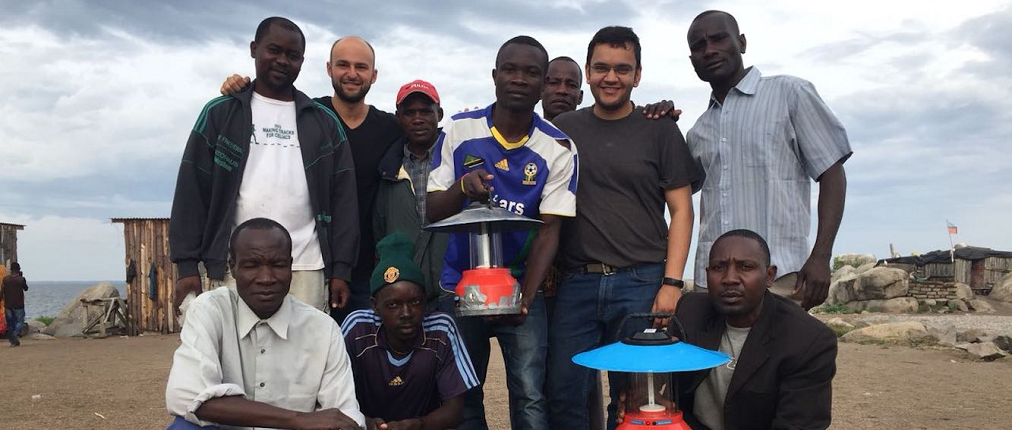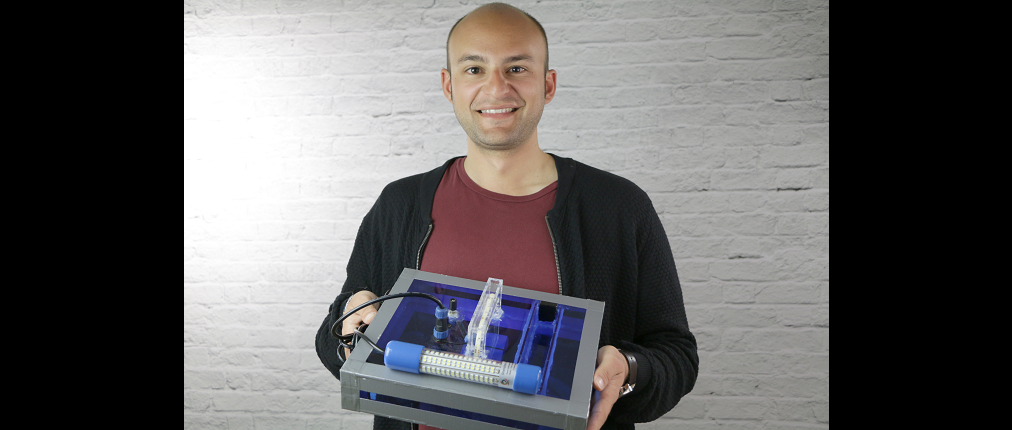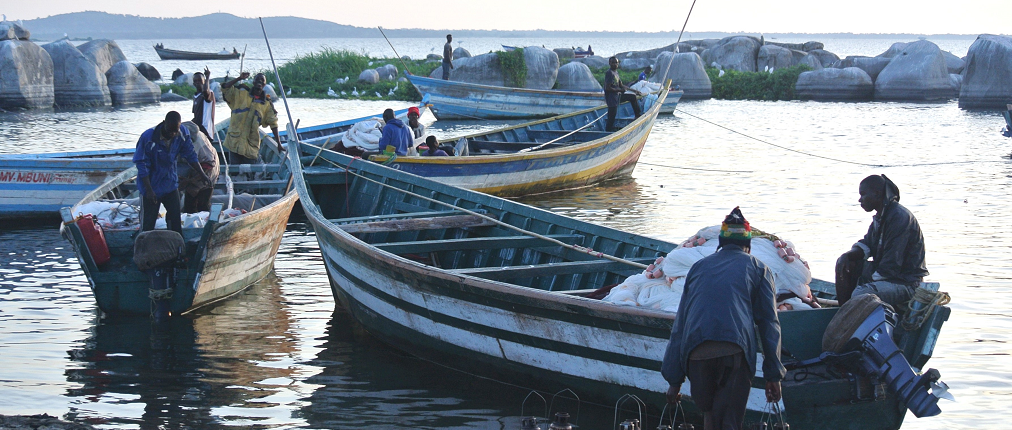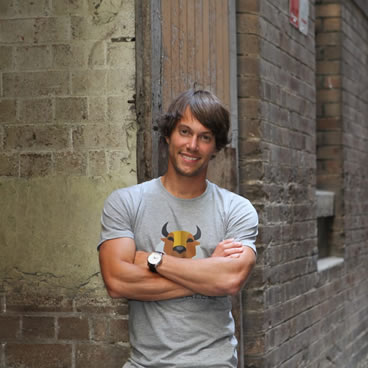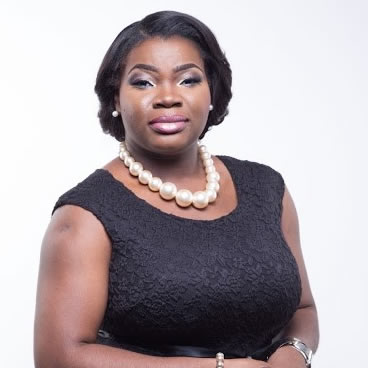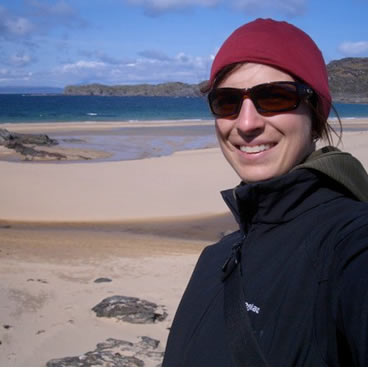Hartley News Online Your alumni and supporter magazine
Thanks to Andreas Ostrovsky Pereira (BSc International Relations, 2016), night fishing in East Africa has been transformed with the introduction of solar-powered fishing lamps. Southampton Connects Alumni talks to the social entrepreneur about his success and the path that led him there.
Although only graduating from Southampton in 2016, Andreas has already had an incredible journey – full of global networking, recognition, and funding – steering him to his current work improving the safety and sustainability of night fishing in Tanzania. His story begins in the months prior to joining Southampton, when, feeling that he lacked maturity and direction, he quit his economics degree in London in order to experience something radically different.
“I decided to research some volunteering opportunities to get out of my comfort zone. Suddenly, I found myself in Tanzania undertaking a three-month volunteering programme, which eventually ended up becoming a nine-month long experience! I worked for a development NGO that specialised in starting and scaling social enterprises, and got completely stuck into the whole development and social enterprise sector, finding a true passion.”
Andreas took time in Tanzania to consider his options and direction, which led him to study BSc International Relations at Southampton.
“Coming from a multicultural background with Russian, Chilean, and Swedish blood flowing through me, it made sense to follow this career path. My next step after university would be exploring ways to help build a more wholesome world by following my newfound passion: development through social initiatives. Southampton offered a platform to learn about the world and how it works, with specialised focus in different areas which I found fascinating – particularly the politics of development. I definitely made the right choice,” he says.
In addition to a stimulating course, Andreas found that many opportunities were presented to him in the university environment.
The added value lies in the social circles and societies that revolve around university life.
Andreas continues: “I quickly found out about Enactus [a University student society that creates social enterprises], and joined straight away. I got involved with one of their flagship renewable energy projects in Kenya, aimed at distributing solar home lights. It was actually through this project that the idea of my current start-up was born. I then got involved with the Social Impact Lab that took me to Chennai to launch a UK-India network to promote social entrepreneurship at higher education, and subsequently to Mumbai to work with Master’s students and their social start-ups to help them scale and grow.”
His university experience confirmed to Andreas that starting his own venture was the way forward. His brainchild, Sagar Energy Solutions, built on his Enactus work distributing solar-powered lamps to communities in East Africa. The amount of kerosene consumed in lighting their homes was astonishing, but this was inordinately greater for boats used in night fishing – a very prevalent industry in the area.
The aim of the start-up is to assist small operations in developing countries reduce their reliance on fossil fuels. Currently working by Lake Victoria, Sagar is combatting the carbon footprint produced by the 75,000 boats that fish there every night; many kerosene lanterns used to attract fish have now been replaced by a solar alternative designed by Andreas and his colleagues.
Andreas and Sagar co-founder Shashank have been helped by the funding and recognition they have received. Based on the prototypes that the team developed at the University, they received funding from the Take Off Entrepreneurship Competition, the SEED Start-Up Funding Competition, and the Faculty of Social, Human, and Mathematical Sciences – allowing the prototypes to be tested in Tanzania.
Following a win at the Enactus World Cup, Andreas joined World Merit. The organisation gathers young people from across the globe with the aim of tackling the United Nations’ 17 Sustainable Development Goals. Andreas’s work focused on developing projects for the seventh goal – Affordable and Clean Energy – and his solar-powered fishing lamps made an ideal proposal. Collaborating with 11 others, he was able to advance the idea to the stage where it could be presented at the United Nations General Assembly.
“I am incredibly grateful for all the support, recognition, and funding we have received along the way. We would definitely not be where we are without it all. If I had to choose one moment that stands out, it would definitely be presenting the venture at the United Nations General Assembly in New York. Being able to expose our venture on such a global stage was the most exhilarating feeling – not to mention the subsequent recognition we got, which was the igniting spark for us to dedicate our full time to the venture,” he concludes.
Andreas and Shashank managed to secure additional funding through Climate-KIC. Andreas also returned to the University with his partner to participate in a Dragons’ Den event run by Future Worlds, a start-up incubator. Although they weren’t successful, it provided some valuable guidance and networking opportunities.
Based in Tanzania since January, Andreas and Shashank are now rolling out their solar-powered fishing lamps. Despite the difficulties in manufacturing and logistics, the pair have been able to persevere and establish themselves and their product in the communities. Focus now is on increasing scale.
“We already have our initial sales lined up for the final two quarters of this year, and we hope to increase these figures fivefold in the coming year. Once our product for the night fishing industry is working, we will continue with the next products and projects in our pipeline to further create sustainable impact – all the way from cold storage units to deploying community-sized water filtration systems,” concludes Andreas.
Andreas is writing a regular blog about his experience for Future Worlds, the first entry of which you can read here.
